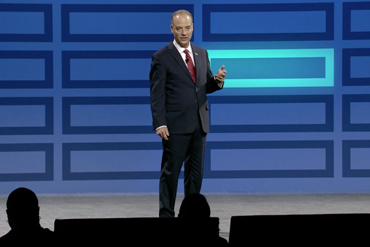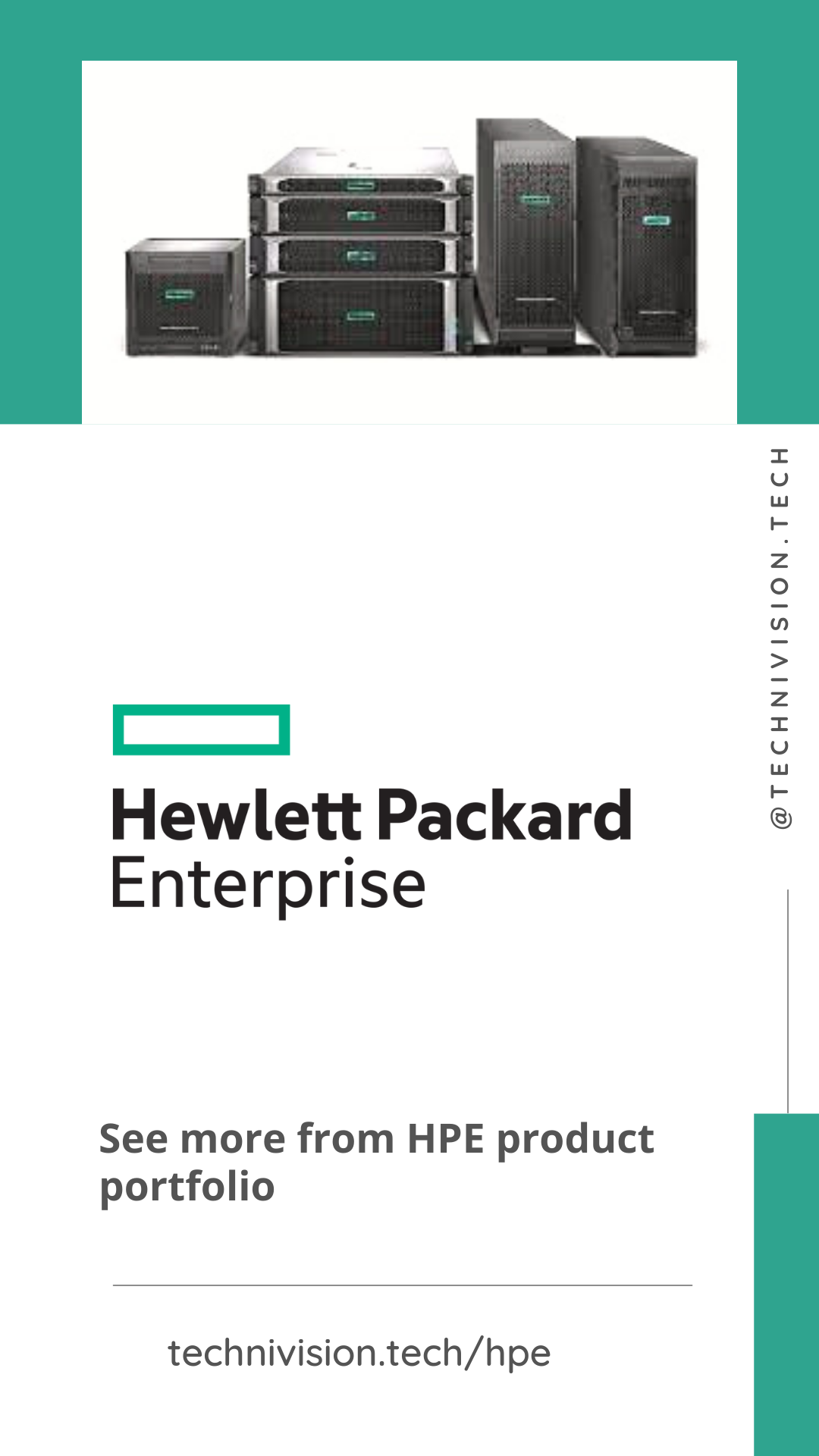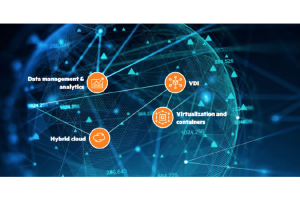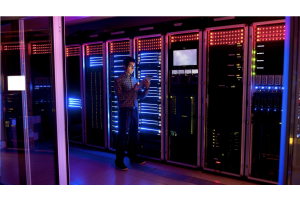
Hewlett Packard Enterprise already helps big companies with cloud computing, data centers and the Internet of Things. Now, for the first time, it will also help businesses use blockchain.
The new offering, is billed as “blockchain as a service,” and it’s unique in that it offers major enterprise customers, such as banks, the ability to use the technology on a larger scale than is currently possible
That’s where HPE aims to come in. The company said it would begin selling its Mission Critical distributed ledger technology, or DLT, publicly starting next year, providing the hardware for enterprises that want to run their own blockchain operations or working with clients to implement blockchain in the cloud.
“We believe blockchain will be as fundamental to technology as the Internet,” says Raphael Davison, HPE’s worldwide director for blockchain..
While Bitcoin was “blockchain 1.0,” HPE is catering to what he calls “blockchain 2.0, which is enterprises transacting with enterprises, and they have a different set of requirements.” For starters, Bitcoin keeps a public record of all payments on its distributed ledger—a problem for businesses that don’t want to tip off their competitors to their key purchases and deals. HPE’s version, on the other hand, built around the Corda ledger—a bank-suitable blockchain alternative developed by the financial consortium R3—keeps the records private, so parties can only see their transactions with an authorized counterpart.
HPE already has a number of customers in the financial services sector using the Mission DLT product, but it is looking to cater to other industries as well, including airlines—which could use the blockchain to track the vast amounts of performance and maintenance data their jets create each flight—as well as automakers and manufacturers. HPE would not name the clients it has landed so far, but other Fortune 500 companies including Mastercard and IBM last month launched their own blockchains for processing payments without the swipe of a credit card or other traditional means.
Next up, Davison envisions “blockchain 3.0,” which is “things transacting with everything.” At a recent corporate event, HPE demonstrated an application it had built using the Ethereum protocol to empower one of iRobot’s Roomba vacuum cleaners to buy electricity from a utility company to recharge itself. The company is also working on a way to track mileage on an Audi car using blockchain technology.
To make blockchain feasible for airplane data, manufacturers’ supply chain records and potentially central bank payments, though, requires “certain functions that meet a level of mission criticality” including speed and privacy: “You’re betting your business on this distributed ledger thing, this blockchain thing,” Davison says. “That’s the niche that we’re filling.”







